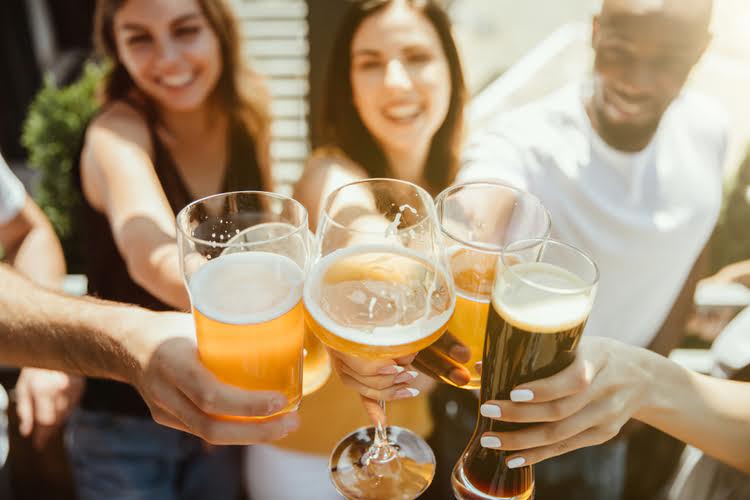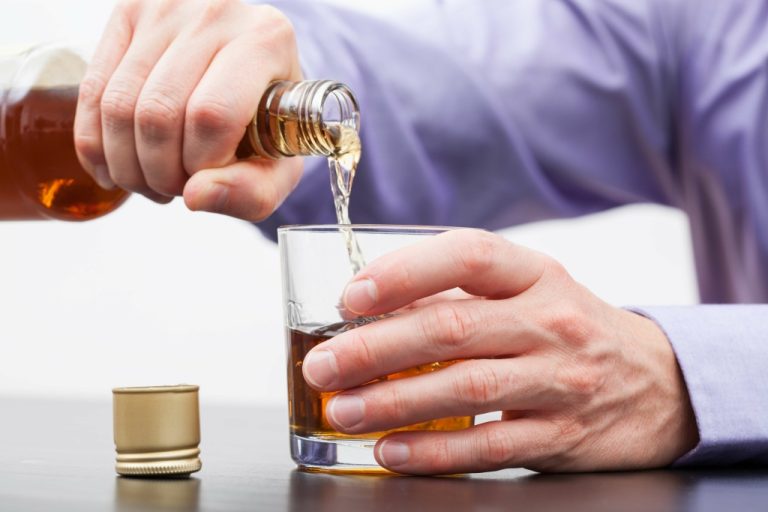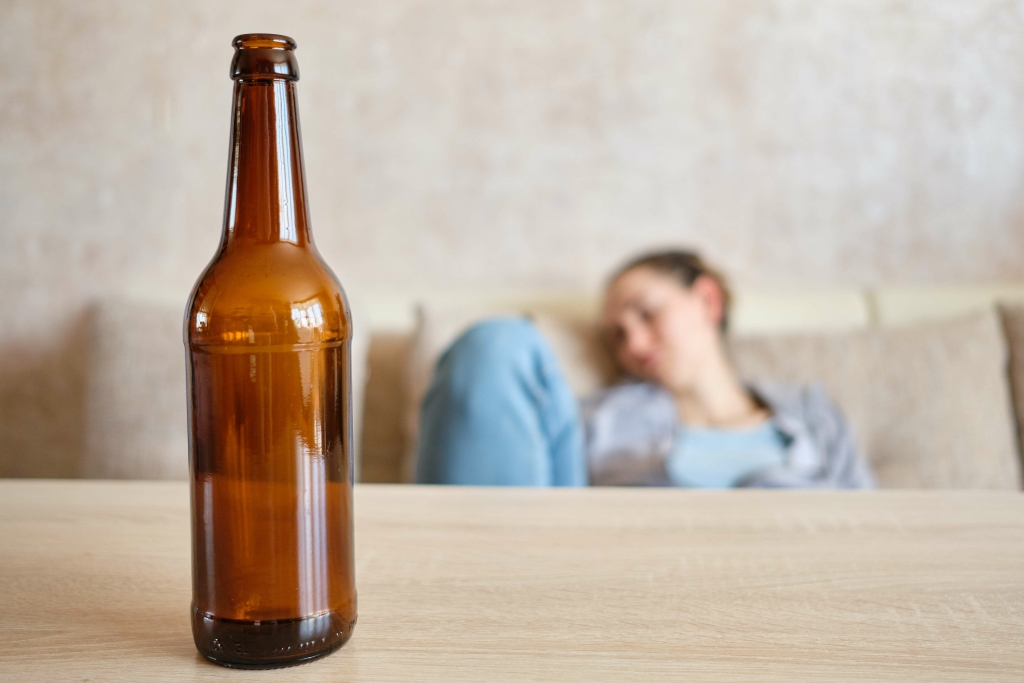Alcohol addiction, also known as alcoholism, is a disease that affects people of all walks of life. Experts have tried to pinpoint factors like genetics, sex, race, or socioeconomics that may predispose someone to alcohol addiction. Psychological, genetic, and behavioral factors can all contribute to having the disease. Once you know how much of a role alcohol plays in your life, you can figure out how to quit drinking. Unfortunately, abstaining
from alcohol isn’t a simple process. Things that work for some people don’t necessarily work for others.
As you begin to notice those health benefits, you’ll likely feel more energized and inspired to keep up your progress. Research shows that most people believe that drinking can make them feel better. However, when alcohol makes up part of your typical routine, drinking can become something of an automatic response, especially when you feel stressed or overwhelmed.
What health complications are associated with alcoholism?
For some people, these occasions may also include drinking—even binge or high-intensity drinking. Sometime between days 5 and 7, moderate to severe withdrawal symptoms typically lessen. Some people with a long history of alcohol misuse may start to experience seizures, which peak around 10 hours then taper off and subside entirely within 2 or 3 days. The other important aspect of avoiding replacement addictions is to address any underlying mental health problems. Substance use commonly occurs alongside other mental health conditions.

Recovery from alcoholism or a drinking problem can be a bumpy road. About half the people who complete alcohol abuse treatment for the first time stay alcohol-free, while the other half relapse and return to drinking at some point. It’s common for people to require treatment more than once to finally achieve sobriety.
Simple, Powerful Ways to Cut Alcohol Consumption
In counseling, therapists guide people to find and replace these negative thoughts when they may happen. The severity of your addiction should guide your treatment search. Alcohol detox, a partial hospitalization program or inpatient or outpatient treatment may be effective options. Incorporating holistic how to overcome alcoholism healing into your treatment through art therapy, recreational therapy, or even yoga may further help you overcome addiction. Being able to more accurately identify where you fall on the spectrum of alcohol addiction can help you see what treatment options could be appropriate for your unique needs.

It can be difficult staying motivated to overcome alcoholism, yet change is possible. Maintaining your motivation through the lifelong process that is recovery can be difficult. Practical steps can be taken towards recovery if you can remember, replace and re-engage.
Avoid Relapse
Preparations include removing addictive substances from your home as well as eliminating triggers in your life that may make you more likely to use those substances again. An addiction is a brain disorder, after all, and not something that’s easily resolved. It can take 10 or more attempts at treatment before someone makes progress on overcoming an addiction. “It’s not your duty to hide the results of their drinking so they avoid feeling any sort of embarrassment,” says Dr. Anand. When someone gets too drunk or hungover to fulfill their basic responsibilities in life, they often rely on those around them to get the job done.

To stop drinking alcohol, you first need to understand your relationship with drinking. From there, you may need social support, consistent self-care, and new routines that can help redirect your mind. Alcohol overdose is preventable on an individual and societal level. Systolic blood pressure had a direct and linear association with alcohol dose. A person’s sex and geographical location influence the effects of alcohol on diastolic blood pressure. Meta-regression findings suggested that drinking more tea over extended periods of 3 months or more resulted in greater decreases in systolic and diastolic blood pressure.
Similarly, heavy alcohol use is often an unhealthy means of managing stress. You can help your loved one find healthier ways to reduce their stress level by encouraging them to exercise, confide in others, meditate, or adopt other relaxation practices. Know the danger signals, and if you suspect that someone has an alcohol overdose, call 911 for help immediately. Do not wait for the person to have all the symptoms, and be aware that a person who has passed out can die. Don’t play doctor—cold showers, hot coffee, and walking do not reverse the effects of alcohol overdose and could actually make things worse. Alcohol use and taking opioids or sedative hypnotics, such as sleep and anti-anxiety medications, can increase your risk of an overdose.
Let friends, family members, and co-workers know that you’re trying to stop or cut back on drinking. If they drink, ask them to support your recovery by not doing so in front of you. Are you ready to quit drinking or cut down to healthier levels? These tips can help you get started on the road to recovery.
Supporting someone you love, who’s being treated for unhealthy alcohol use, is a lifelong process because recovery is a lifelong process. For alcohol and drug addictions, it is a good idea to talk to a doctor or local drug clinic about whether you need medical help in quitting. There are options for medications to help alleviate withdrawal symptoms. In some cases, you may need medical supervision during the detox process. Learning how to overcome an addiction is important for anyone experiencing a substance use disorder (SUD), alcohol use disorder (AUD), or behavioral addiction. While challenging, recognizing that there is a problem and learning more about the process of quitting are important first steps in recovery.
- However, there are certain things you can do that may help relieve the pressure, and in some cases, also better help your loved one start their path to recovery.
- Behavioral treatments include individual, group, and family therapy sessions.
- Leah has worked in several treatment settings, including inpatient, outpatient, and in-home therapy, both as a therapist and a clinical supervisor.
- Studies suggest that the social connection provided by these groups can help your loved one build confidence in their own ability to avoid alcohol in social situations and support their sobriety.
You may also consider joining an online support group to help you feel less alone. Feeling at your best physically can boost resilience and emotional strength, equipping you to weather challenges that trigger the desire to drink. Finding or reaching out to other sober people can also help.
